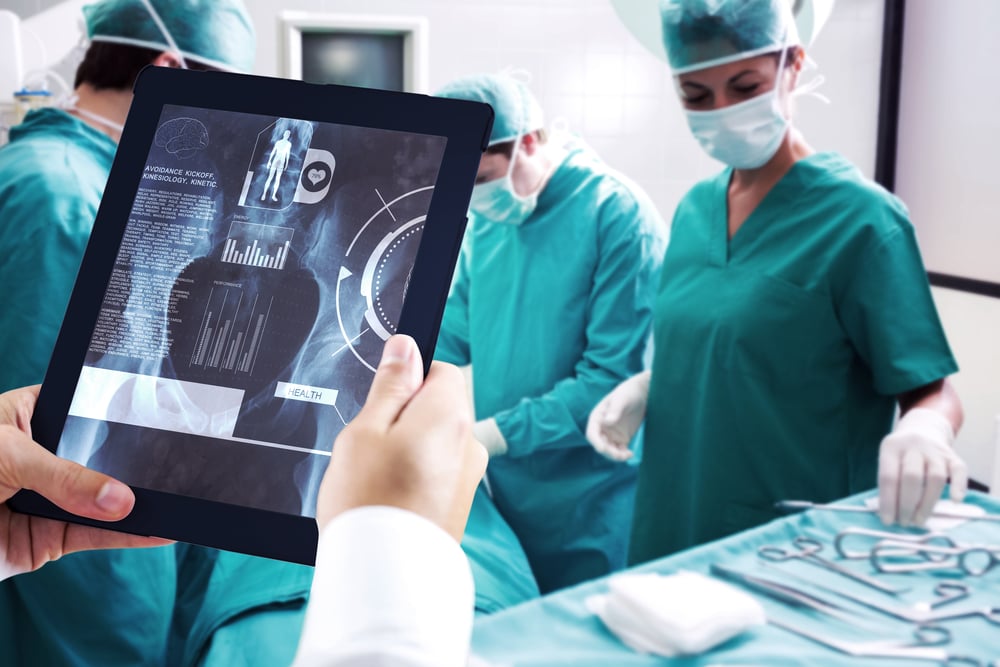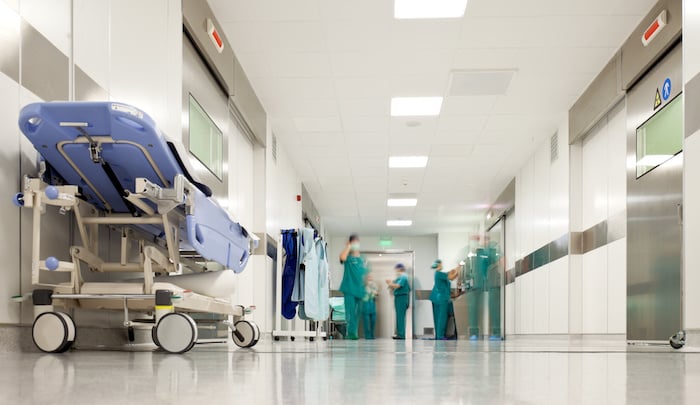The dangers of low quality hospital cleaning
Keeping a hospital running smoothly is a hard job, but that job is made exponentially more difficult if you’re faced with low-quality hospital...

Hospital-Acquired Infections often occur in patients who require the use of devices like central lines or catheters. They can also develop at surgical sites. A study published by the American Medical Association found that HAIs result in $9.8 billion dollars a year in medical costs, contributing substantially to the rising price of healthcare in the United States. Hundreds of millions of lives in the US are lost because of Hospital-Acquired Infections.
When these steps are followed, infection rates drop from three in one thousand patients to zero. Consider the first three steps are personal hygiene. Simple steps like this to take a problem that costs billions of dollars out of the way completely.
Consumer Reports states that all hospitals must have routine inspections to ensure they not only have infection control programs but that they are being followed by everyone from the highest paid employees to the cleaning services hired to work in the hospital.
Create a comprehensive list of all surfaces that have the potential for patient contact, and thus should be not just cleaned, but disinfected. Share this list with your cleaning service, and you might notice a slowdown in the spread of infection.
Hospitals are rated on how many incidents of hospital-acquired diseases occur in their patients. If a hospital has a high rate, it’s not just bad news for the patients within their walls, but it can also lead to incredibly bad press. In most instances, patients can choose which hospital they’re taken to. You can be sure if a hospital has been in the news for C. Diff or MRSA outbreaks, patients will not choose that hospital. When beds aren’t full, the subsequent loss of revenue for the hospital can be substantial.
Hiring an effective cleaning company that understands hospital-acquired infections, and knows how to best prevent them is a productive first step to ensuring your hospital remains infection free. CSG is a nationwide company with 15 years of experience, and 40 locations nationwide to serve you. Contact us today to speak with one of our knowledgable customer service representatives. We’ll be happy to discuss how our team can help your hospital fight the spread of hospital-acquired infections.

Keeping a hospital running smoothly is a hard job, but that job is made exponentially more difficult if you’re faced with low-quality hospital...

Cleaning an ordinary office is important if only to ensure that the office is a pleasant place to be, but medical office cleaning goes way beyond...

The holiday season is a time of joy, celebration, and often, overwhelming busyness for businesses across various industries. As the hustle and bustle...